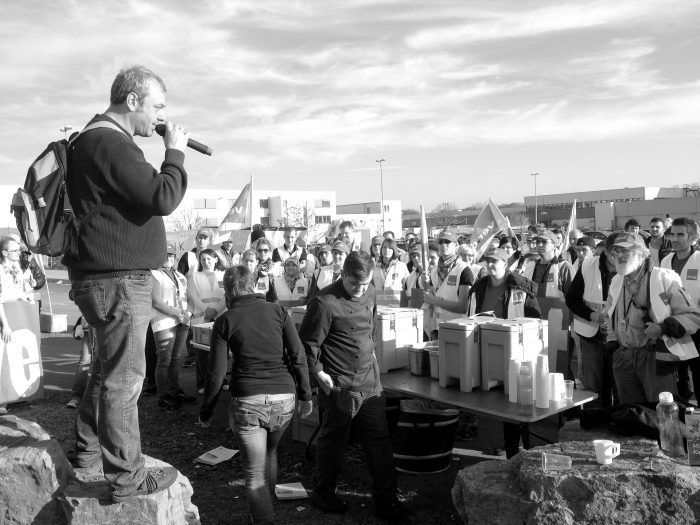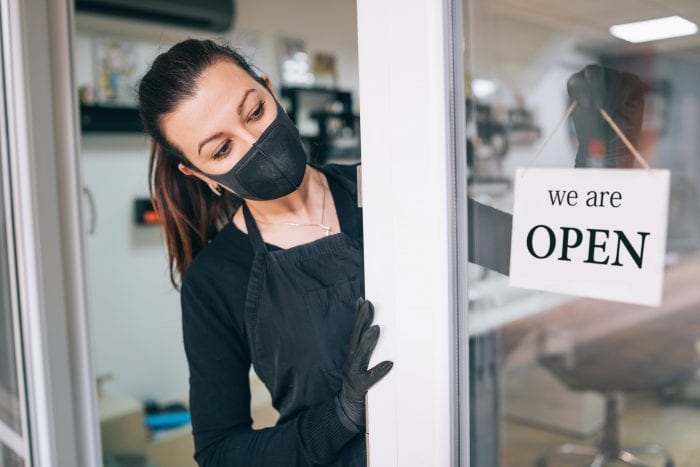By Leah S. Dunaief

Publisher
Perhaps you have noticed that there is little to no national news in our newspapers and on our website? We assume you understand that it is not because we are unaware of what is happening in our country and in the world. Most of us here at the company start each day with the news via radio or television or cable and even with news flashes from different sources on our cellphones. We talk about those items in the office and listen or watch when we return home.
In fact, that’s the problem.
We can’t seem to escape the plethora of upsetting news that fills our waking hours. But we strive to provide one retreat from the chaotic world in which we live: the hometown news.
That is not to say we report no bad news in our towns and villages. Of course we do. News is news. But one positive about local news: to a large extent, we can bask in the good events that occur and have some degree of control over what happens around us. We can take pride in our students’ achievements, we can make our voices heard in development plans if we know what is going on, we can get to know our interesting neighbors from their profiles, we can plan our weekends from the many offerings in the calendar. In short, local news is a mirror held up to our daily lives whose many details can’t be found anywhere else.
We strive to make local news an oasis amid a sea of distressing troubles.
That means, we regularly turn away letters and opinion pieces that protest against national and international politicians and policies unless what is happening affects us only locally. But if you want to express your strongly held views on a local matter, however minute, we provide a platform from which you can be heard.
To get broader news, there are many sources. To get local news, there is only us, the hometown paper or website. We don’t want to be thought of as smaller versions of daily newspapers any more than children are to be considered smaller adults.
In that way, we have not changed.
However, gathering and disseminating the news has dramatically changed, even as computers and the internet started to alter the industry fifty years ago, right around the time our company began.

You are probably aware of the revolutionary switch from hot type associated with Ben Franklin’s day, to the cold type that referred to mainframe and then desktop computers half a century ago. Now, when you walk into a news building, if you can find one, you see that the offices are largely empty. Many staff members are working remotely.
What does that mean?
In some ways, it is a win. We can interview by FaceTime, cover meetings by zoom, write up our stories, sometimes in record time and send them into the office or post to the web via the internet. All of this can be accomplished while we are still in our pajamas, drinking our coffee, and without our having to pay a babysitter if we take turns with our spouse, who is also working remotely.
If the children have already grown up and left home, well then, we can put in a load of wash, go back to work, pause to change the load to the dryer, and resume where we left off. And if we move, we can still keep our jobs.
In some ways, it’s a loss. Talking with each other digitally is not the same as talking together in the office, where we can bounce ideas around the room and watch each other’s body language. I believe we are more polite, stilted even, on a zoom gathering. Digital has sucked away the personal.
We at TBR News Media are functioning with four key positions filled remotely. Quality may not be suffering, but we certainly miss our staffers, their chatter and their random thoughts.











